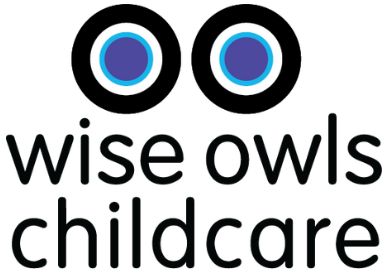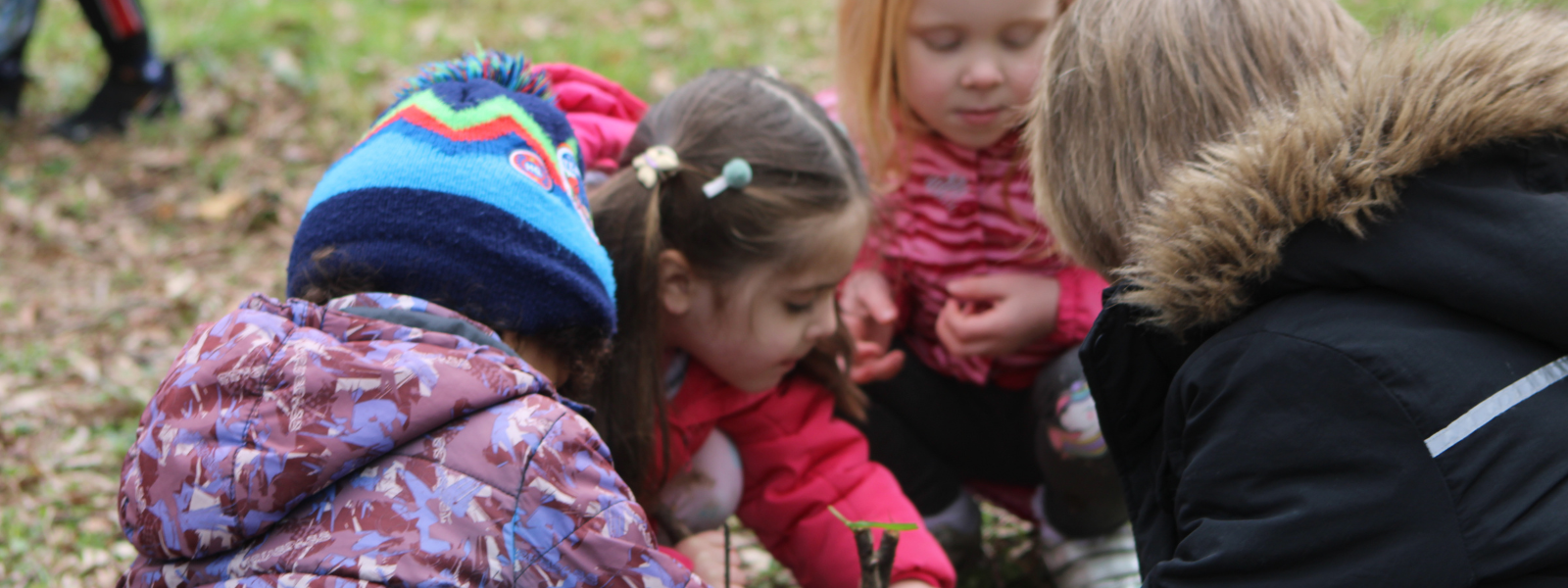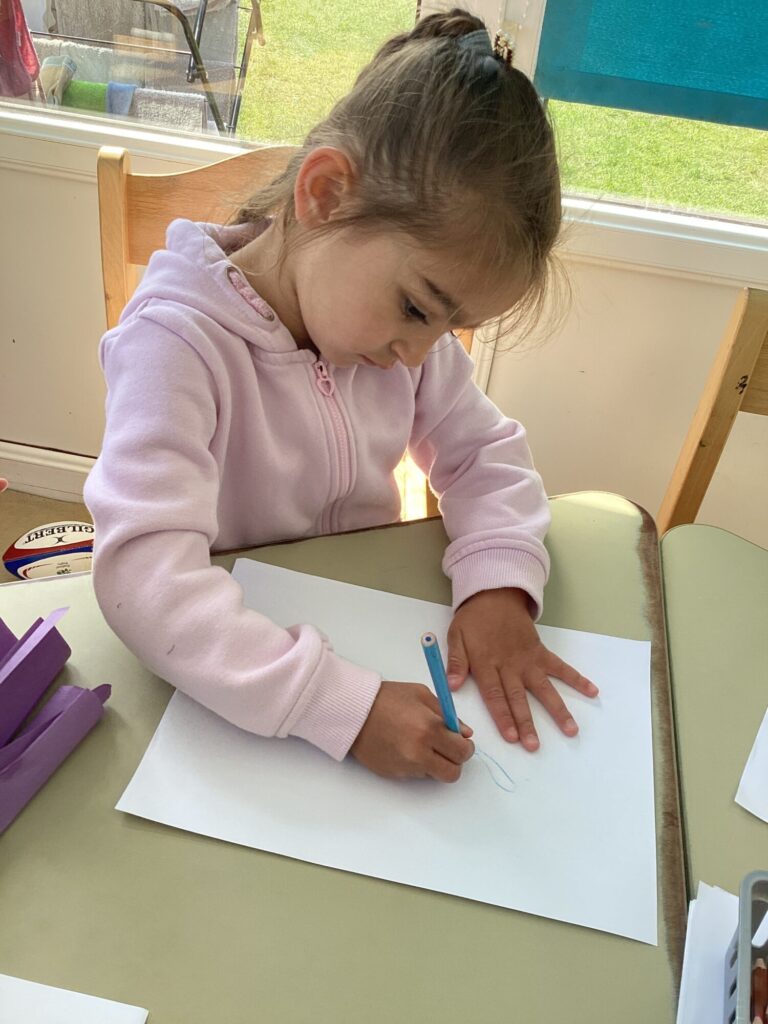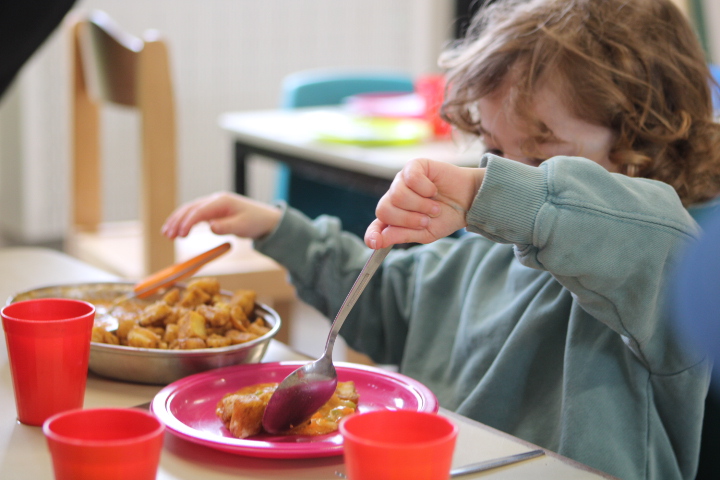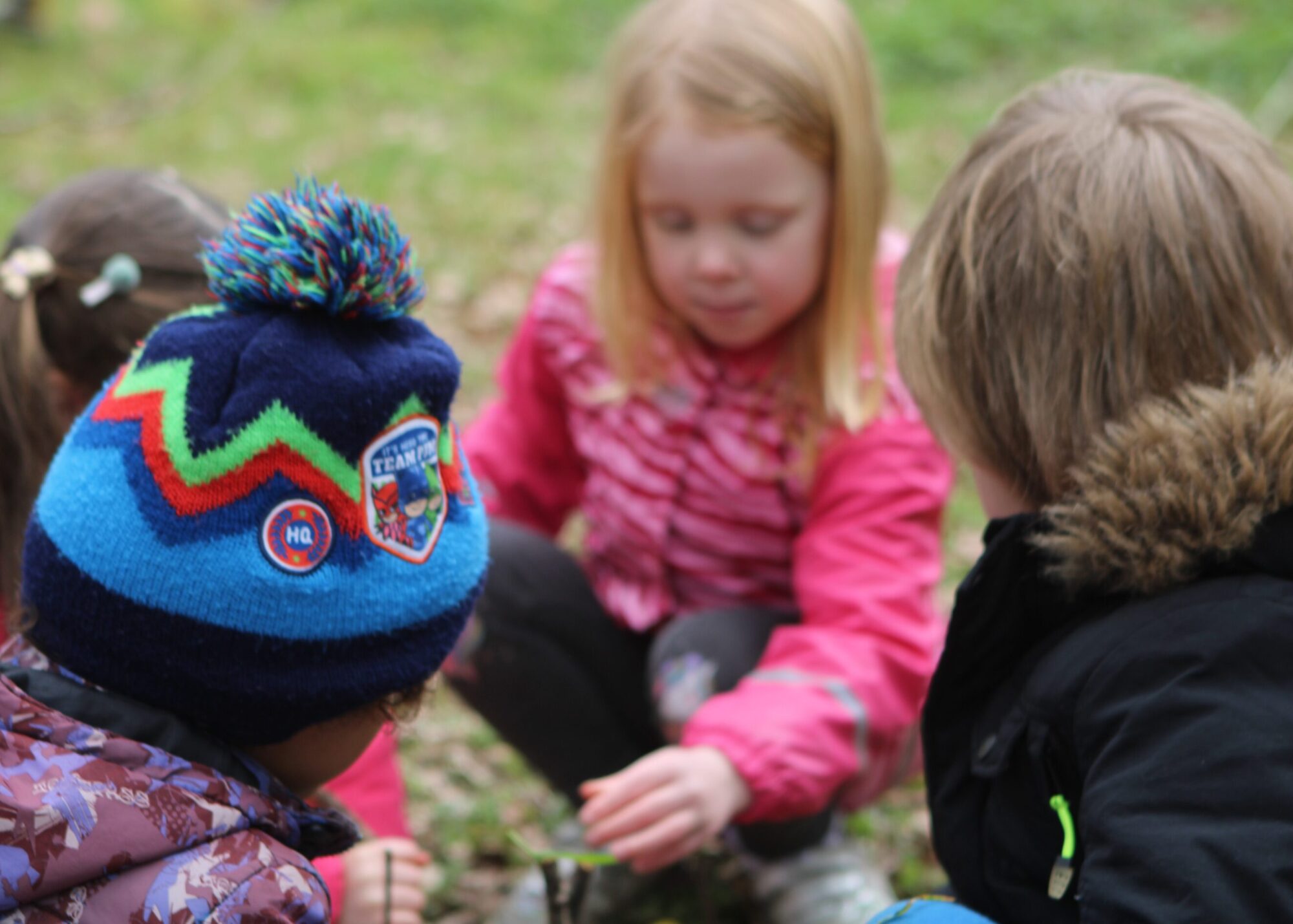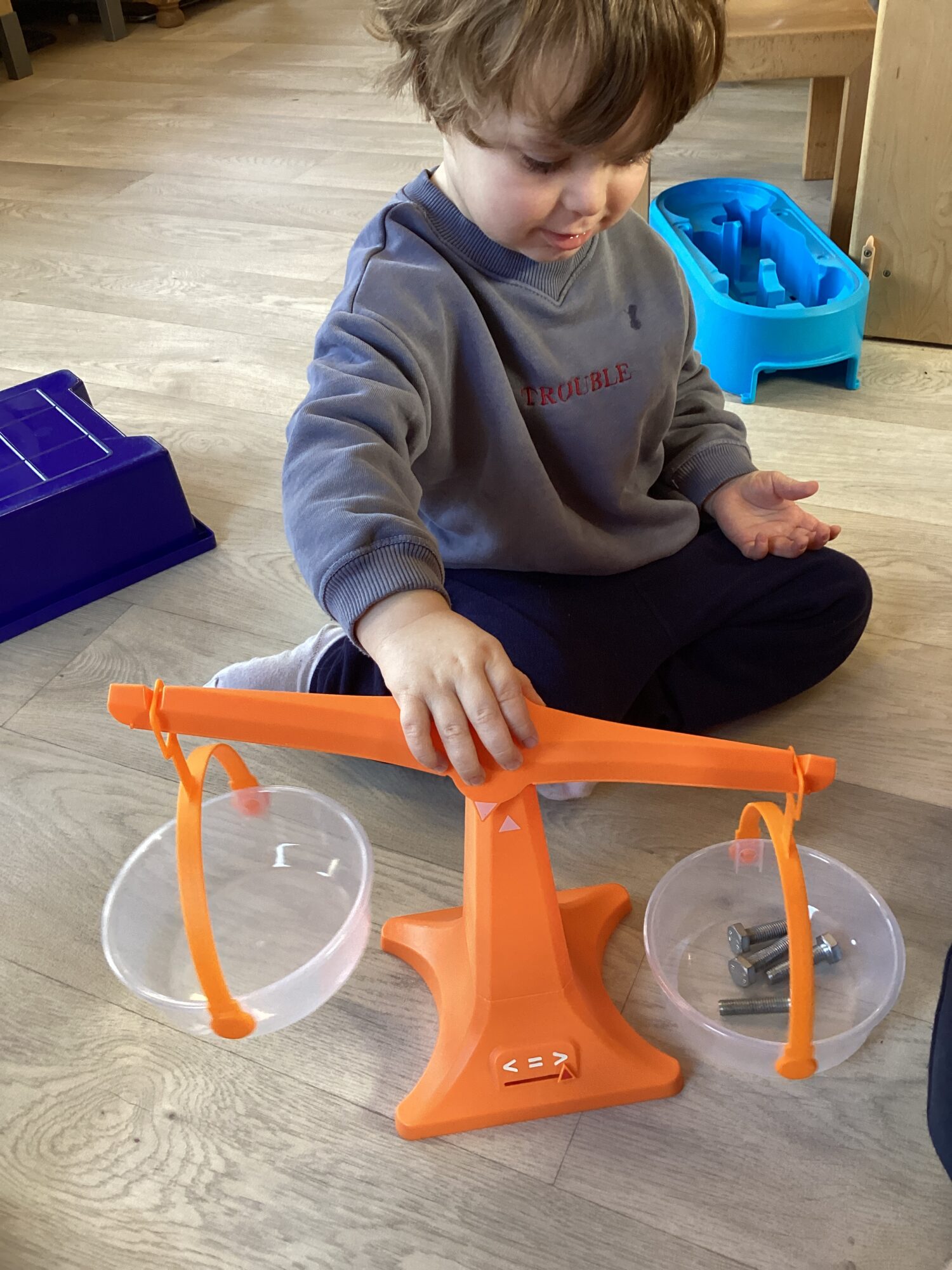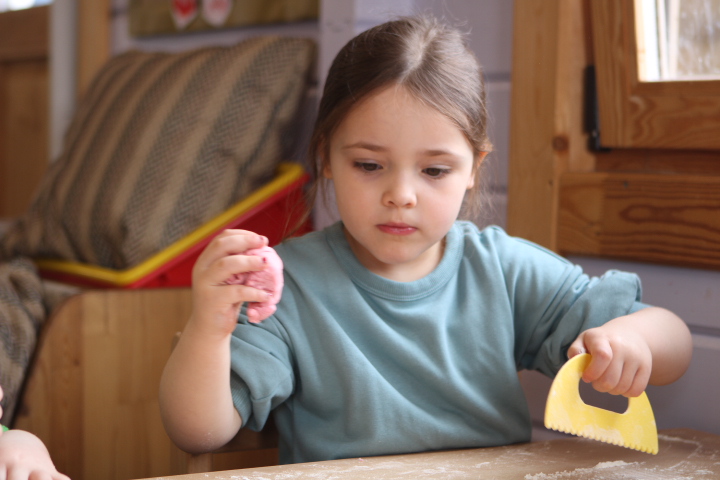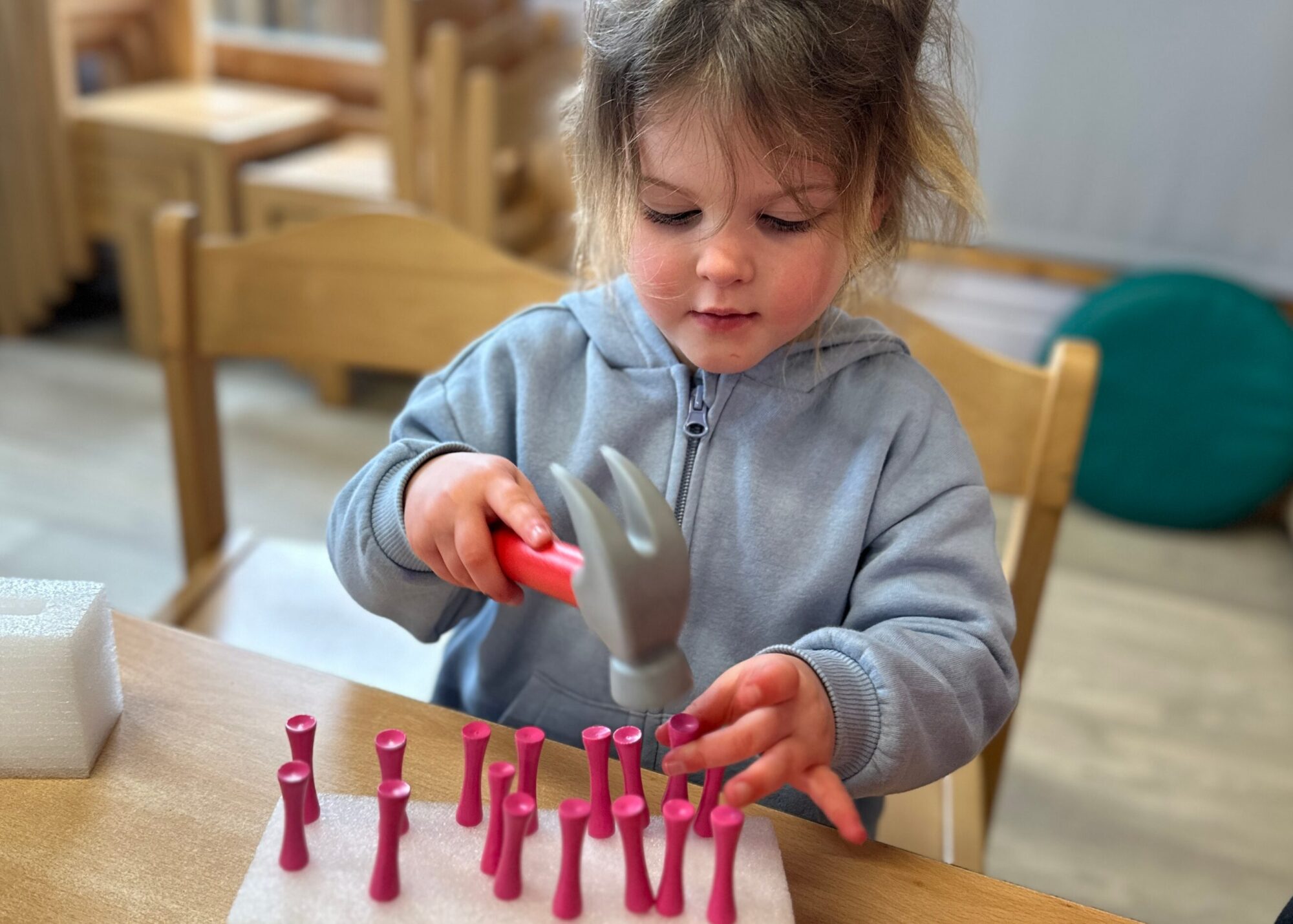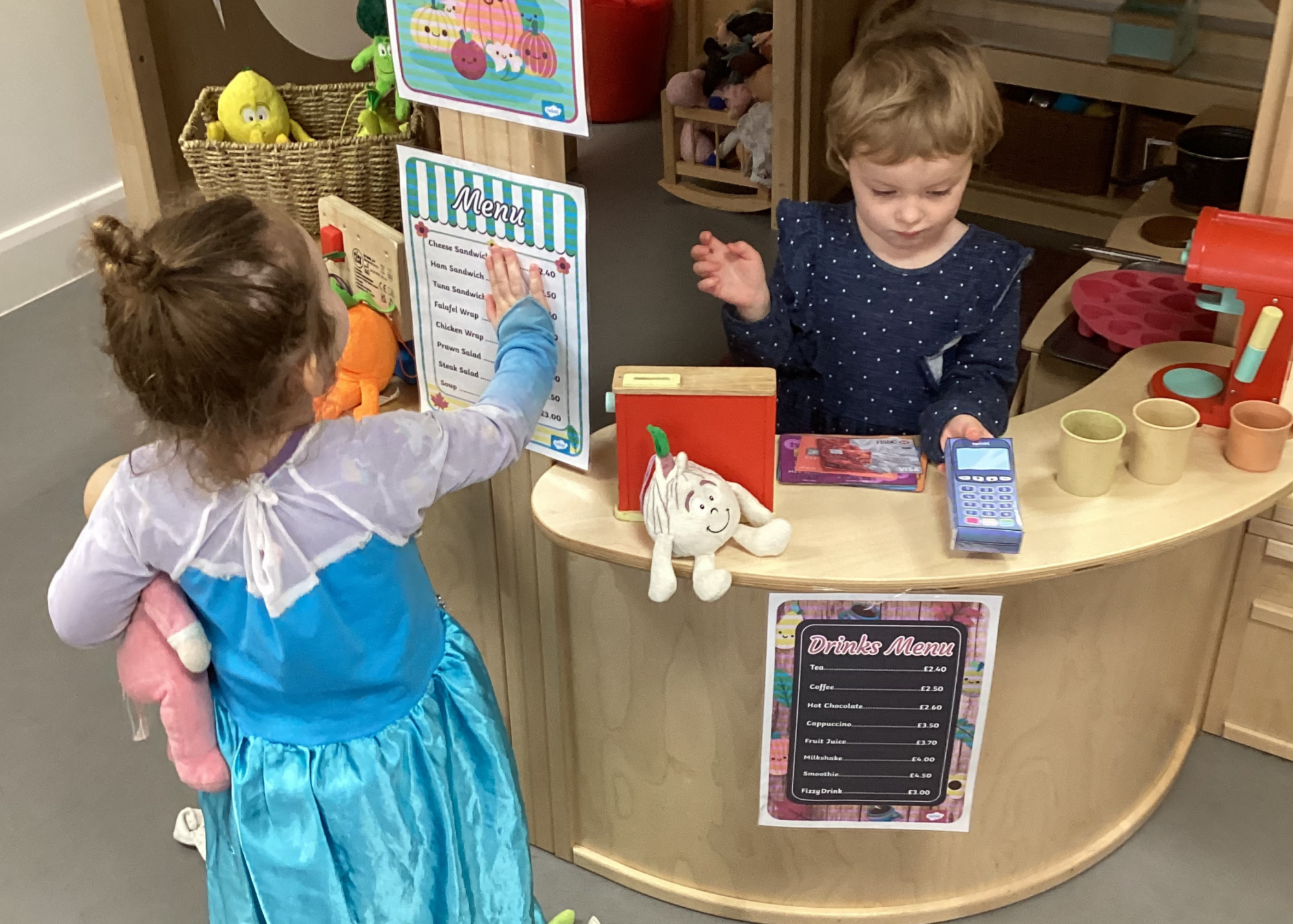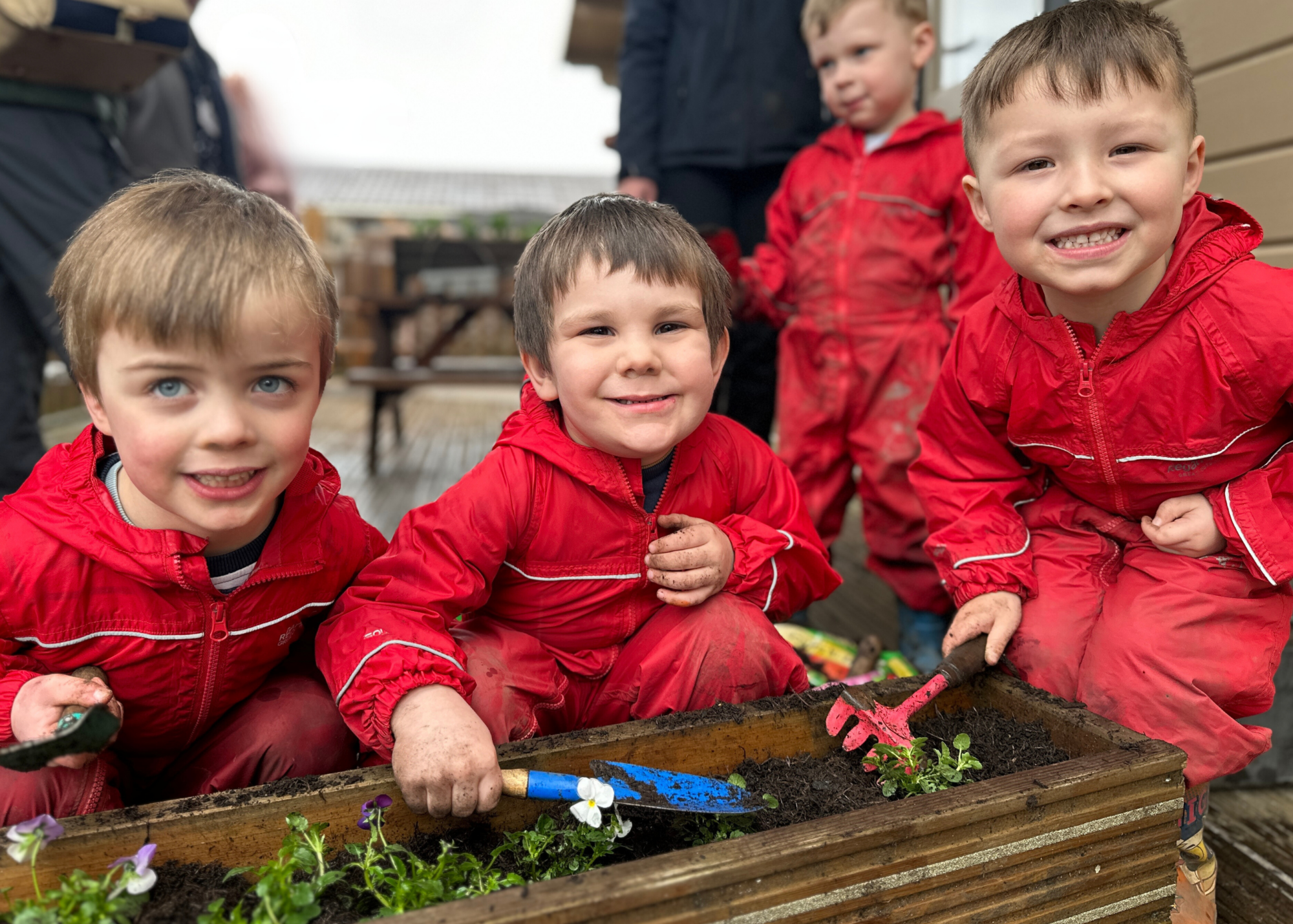School Readiness Assessment and Consultation
In the term before a child starts school, practitioners will complete a School Readiness Assessment. This provides a clear picture of the child’s strengths and areas where they may need further support. The assessment will also help guide discussions during the parent consultation in the spring term, where practitioners will work with families to explore ways they can support their child’s transition to school. These conversations are an opportunity to share practical ideas, build confidence, and ensure that each child is well-prepared for this important next step.
